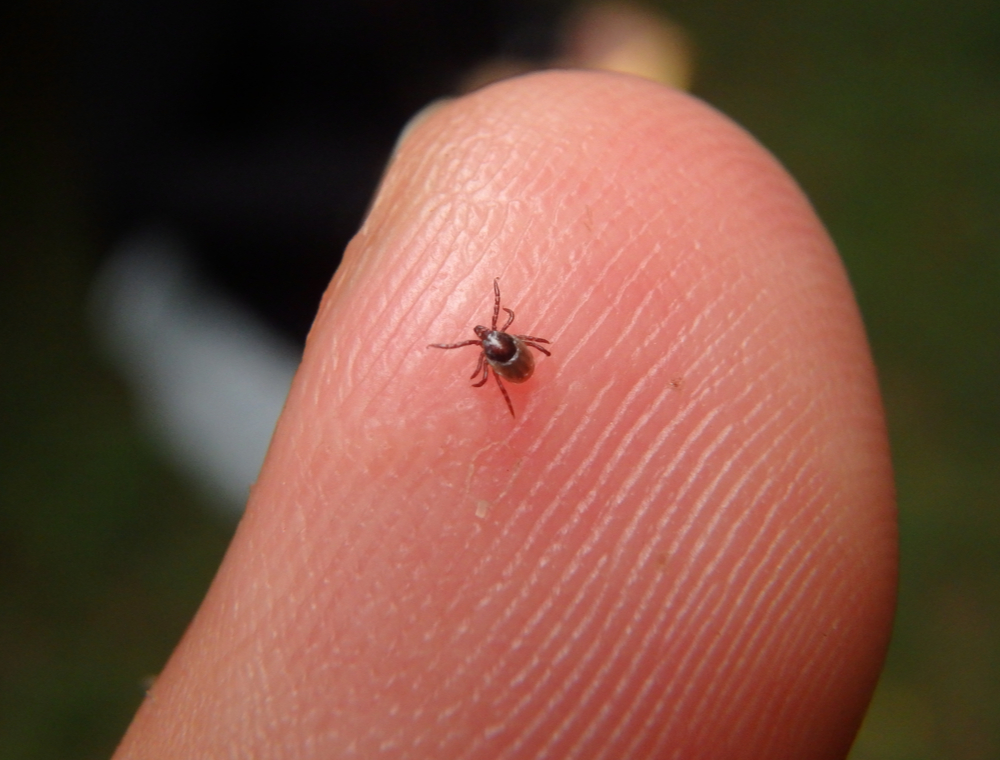Everything You Need to Know about Babesiosis
 Oct,16,2020
Oct,16,2020
Babesiosis is a rare but life-threatening condition that is caused due to the infection of the red blood cells. The infectious disease is caused by parasites known as babesia microti and spread by deer ticks to humans. Sometimes, contaminated blood transfusions can also lead to the infection of the red blood cells and cause babesiosis.
Generally, babesiosis happens during the warmer months when people are likely to spend more time outside. In rare cases, pregnant mothers, who are infected by the babesia microti parasite, may also pass the infection to their babies in the womb or at the time of labor.
Symptoms of Babesiosis
The first signs of the condition start appearing after 1 to 8 weeks of the infection. In some cases, there may not be any noticeable symptoms at all until 8 weeks. Yet in general, the common symptoms of the condition include body aching, chills, fever, fatigue, headache, sweating, and loss of appetite. If the condition has aggravated to a serious stage and cause hemolytic anemia, then the symptoms may include confusion, dizziness, heart murmur, dark-colored urine, accelerated heart rate, very pale skin, and weakness.
In hemolytic anemia, the red blood cells in the body die faster than new ones can be produced. This can lead to other serious complications too, such as swelling of the liver and spleen and jaundice. The condition can be more severe in seniors or in patients who are on medications that weaken their immune system. People with other chronic conditions can also experience a rapid worsening of their health if they are infected by babesia microti.
Diagnosis and Treatment
If you have noticed any of the above-mentioned symptoms lately, then consult with a doctor to see if it is caused due to babesiosis. Your doctor will review your symptoms and medical history, and recommend a few blood tests to diagnose the condition. The blood reports will also help to rule out the chances of other conditions that can have similar symptoms, such as Lyme disease and anaplasmosis.
If you have babesiosis, your doctor will prescribe atovaquone to kill the parasites in your body. You may also be recommended azithromycin antibiotic along with that to deal with the symptoms. In some cases, your doctor may go with the combination of quinine with clindamycin antibiotics to treat the condition. As ticks are very small and cannot be noticed easily, it is advised to stay away from leaf piles and overly grown grasses where ticks can thrive.
Contact CCCHC today to discuss and find out if CCCHC is the right healthcare option for you.
To Book an Appointment
We are standing by to assist you.

 Call Now to
Call Now to 




